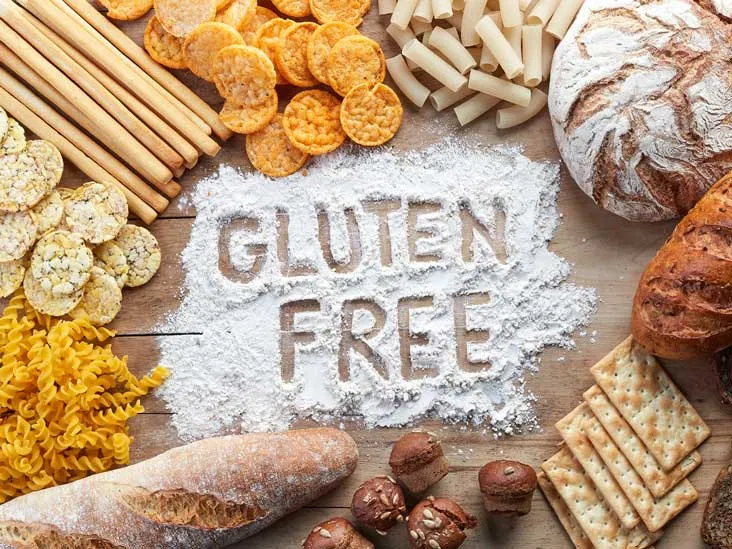Your basket is currently empty!
A gluten-free diet excludes foods containing gluten, a protein found in wheat and some other grains. This means consuming whole foods that are naturally gluten-free, such as fruits, vegetables, meats, and eggs, as well as processed gluten-free foods like bread or pasta.
"Gluten is a protein naturally present in certain foods, but it can also be added to foods during processing to alter texture," Rajagopal explains. Gluten can act as a thickener and flavor enhancer, so you may find it in unexpected foods. Besides items like pizza, pasta, cereals, and baked goods, gluten can also be present in a variety of products ranging from soy sauce and ice cream to specific medications, beauty products, and dietary supplements.
Some people assume that avoiding gluten means avoiding all carbohydrates, which is incorrect. Many carbohydrate-containing foods like rice, potatoes, and legumes are gluten-free.
Please note:
If you eliminate all gluten from your diet, you may miss out on nutrient-rich whole grains, fiber, and essential nutrients. Consuming adequate whole grains is particularly important for individuals at risk of heart disease or diabetes. Whole grains can lower cholesterol levels and help control blood sugar. Additionally, some gluten-containing foods are important sources of vitamins and minerals such as vitamin B, iron, and magnesium.
However, some processed gluten-free foods may contain high amounts of unhealthy ingredients like sodium, sugar, and fat. Consuming these foods could lead to weight gain, blood sugar fluctuations, high blood pressure, and other issues. Therefore, a gluten-free label does not guarantee a food's healthfulness.
If you do not have intestinal disorders or gastrointestinal inflammation, Rajagopal suggests removing highly processed foods from your diet before eliminating gluten. Increase your intake of fruits, vegetables, whole grain bread or pasta, and lean protein. Many people find that improving their dietary habits rather than eliminating gluten makes them feel better.
Additionally:
People who adopt a gluten-free diet often experience weight loss, but this is usually because they have also eliminated many processed foods containing gluten and refined starch. If you stop consuming gluten to lose weight, it is important to monitor your portion sizes, engage in regular exercise, and consume plenty of whole foods like fruits, vegetables, and lean meats.







